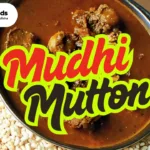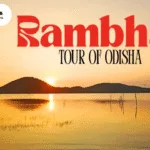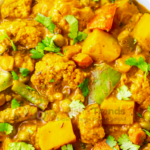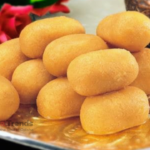Odisha Rasgulla, Odisha’s Iconic Sweet Treat
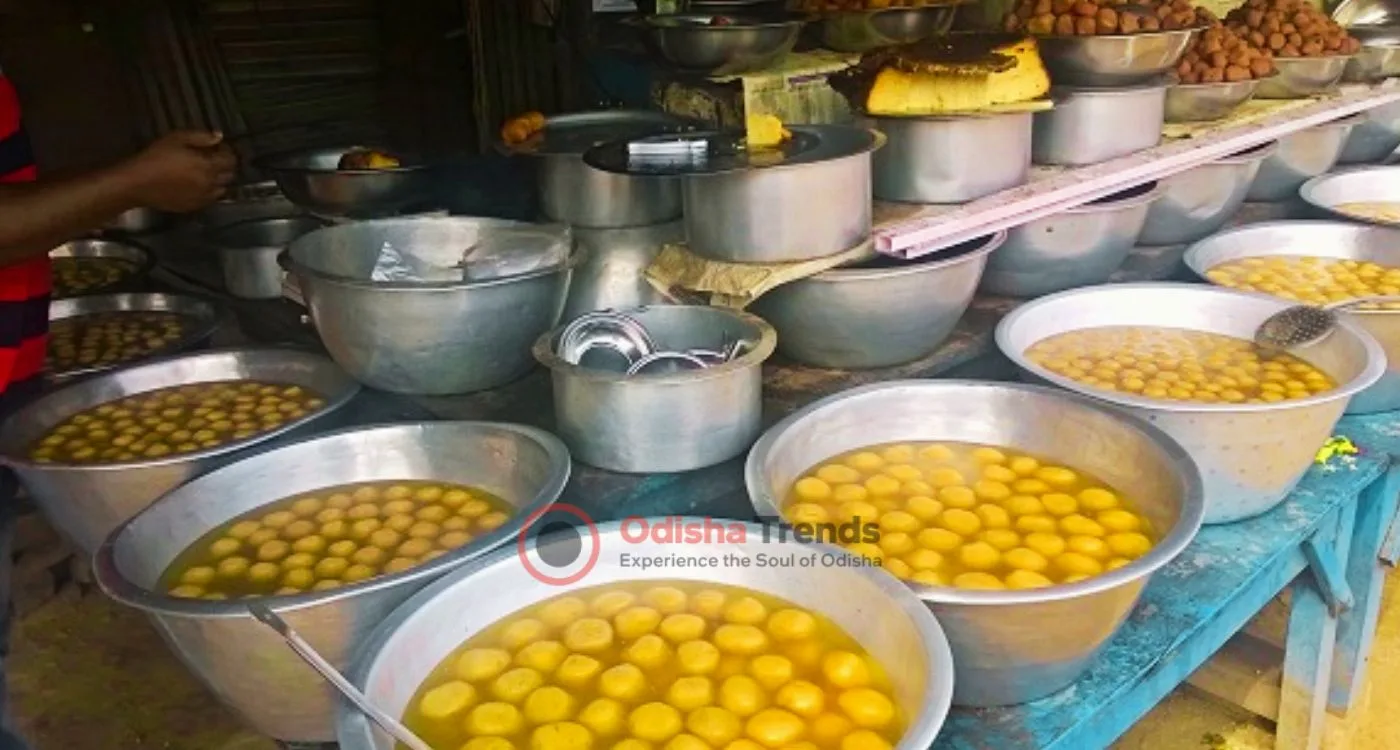
Odisha’s rasgulla, also known as Pahala rasgulla. It’s traditionally offered to the goddess Lakshmi at Jagannath Temple in Puri. Historians in Odisha believe that rasgulla originated in Puri as khira mohana, which later evolved into Pahala rasgulla.


Pahala, located on the Bhubaneswar–Cuttack highway, is also known as the Rasagola district of Odisha. Always Hot and fresh Rasgulla anytime you taste.
Rasgulla is an ethnic Indian sweetmeat delicacy that originated in the eastern region of India.
The Rasagola is not just a dessert; it is a symbol of Odisha’s tradition, history, and culinary artistry. Its origin, preparation, and cultural significance make it a fascinating subject for anyone exploring the culinary landscape of India.
The Origin of Rasagola
The Rasagola has a history that dates back centuries. It is believed to have originated in Odisha, where it was traditionally offered as prasad (offering) to Lord Jagannath in the famous Jagannath Temple in Puri.
The sweet is deeply associated with the Rath Yatra festival, where it is offered to the deities as part of the Niladri Bije ritual, marking the culmination of the festival.
- Odisha Mudhi Mutton – The Bold, Smoky Street Food You’ve Been MissingWhen people think of Indian street food Odisha Mudhi Mutton, they often imagine chaats, momos, or biryanis. But tucked away in the heart of Odisha, especially in the districts of
- Exploring Rambha, Odisha: A Scenic Paradise in the Heart of ChilikaNestled along the tranquil shores of Chilika Lake, Exploring Rambha, Odisha is a picturesque town in Odisha’s Ganjam district, offering breathtaking landscapes, serene backwaters, and rich biodiversity. Known as the
According to popular folklore, the Rasagola is linked to a playful story involving Lord Jagannath and his consort, Goddess Lakshmi. After the Rath Yatra, when Lord Jagannath returns to the temple, Goddess Lakshmi is said to express her displeasure at being left behind. To appease her, Lord Jagannath offers her Rasagola, symbolizing love and reconciliation.
In 2019, Odisha’s Rasagola received the Geographical Indication (GI) tag, officially recognizing it as a product unique to the state. This was a significant milestone in establishing Odisha’s claim over the origin of this iconic sweet.
How to Making of Rasagola
Ingredients:


The traditional Odisha Rasagola is made from simple yet high-quality ingredients:
- Chhena (freshly prepared cottage cheese)
- Semolina (for binding)
- Sugar (for the syrup)
- Water
Preparation Process:
Chhena Preparation: Fresh milk is curdled to separate the chhena, which is then kneaded into a smooth dough.
Shaping the Balls: Small, round balls are shaped from the chhena dough. These balls are soft and delicate, requiring skilled hands to perfect.
Cooking in Sugar Syrup: The chhena balls are gently cooked in a sugar syrup until they become spongy and absorb the sweetness.
Serving: The Rasagolas are served either warm or chilled, often garnished with cardamom or rose water for added flavor.
Odisha’s Rasagola is distinct from its Bengali counterpart, Rasgulla. It is slightly softer, less sugary, and has a melt-in-the-mouth texture that sets it apart.
Rasagola holds a sacred place in Odisha’s religious practices. It is an essential offering during festivals like Rath Yatra, Jagannath Temple rituals, and other auspicious occasions.
The sweet is also offered to deities in various temples across the state, symbolizing devotion and gratitude.
Rasagola is a must-have during Odia festivals, weddings, and family gatherings. It is a symbol of joy, prosperity, and togetherness.
The origin of Rasagola has been a subject of debate between Odisha and West Bengal. While both states claim the sweet as their own, historical and cultural evidence supports Odisha’s claim.
The GI tag awarded to Odisha’s Rasagola in 2019 has reinforced its unique identity and historical roots.
Odisha’s Rasagola is softer, spongier, and less sugary compared to the Bengali Rasgulla.
Where to Find Odisha’s Rasagola
Puri:
The holy city of Puri is the best place to experience the authentic taste of Odisha’s Rasagola. Many sweet shops near the Jagannath Temple specialize in this delicacy.
Bhubaneswar and Cuttack:
Pahala, located on the Bhubaneswar–Cuttack highway. The capital city of Bhubaneswar and the cultural hub of Cuttack are home to numerous sweet shops that offer freshly made Rasagola.
Local Sweet Shops:
Across Odisha, local sweet shops and vendors prepare Rasagola using traditional methods, ensuring an authentic and delightful experience.
Odisha’s Rasagola has gained popularity beyond India, with Odia communities abroad introducing this sweet to global audiences.
Food festivals and cultural events often feature Rasagola as a highlight, showcasing Odisha’s culinary heritage.
The preparation of Rasagola requires skill, patience, and dedication. Each step, from chhena preparation to cooking in syrup, reflects the artistry of Odia sweet makers.
Despite the passage of time, Rasagola continues to be a favorite among people of all ages. Its simplicity, sweetness, and cultural significance make it a timeless classic.
- Odisha’s Ghanta Tarkari: A Flavorful DelightGhanta Tarkari Recipe Explore the authentic Ghanto Tarkari, a popular and flavorful Odia vegetable dish made with mixed vegetables, spices, and a unique tempering. Learn how to prepare this traditional Odia
- Dhanu Muan RecipeDhanu Muan: Odisha’s Traditional Winter Delicacy Odisha is a land of rich culture, traditions, and mouthwatering cuisine. Among its many culinary treasures, Dhanu Muan holds a special place in the
- Mati Handi MuttonMati Handi Mutton: A Culinary Delight from the Heart of India Odisha’s rich culinary heritage is celebrated through its diverse and flavorful dishes, and Mati Handi Mansa is one such
- Chhena Gaja Sweet RecipeChhena Gaja | A Traditional Sweet from Odisha Chhena Gaja: The Sweet Delight of Odisha When it comes to traditional Odia sweets, Chhena Gaja stands out as a must-try delicacy.

